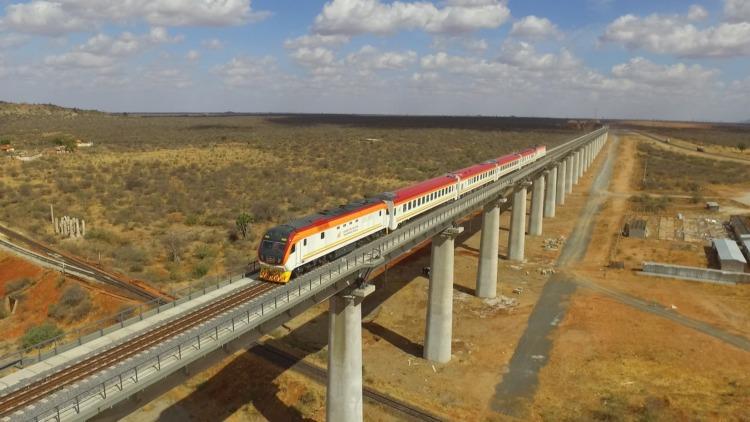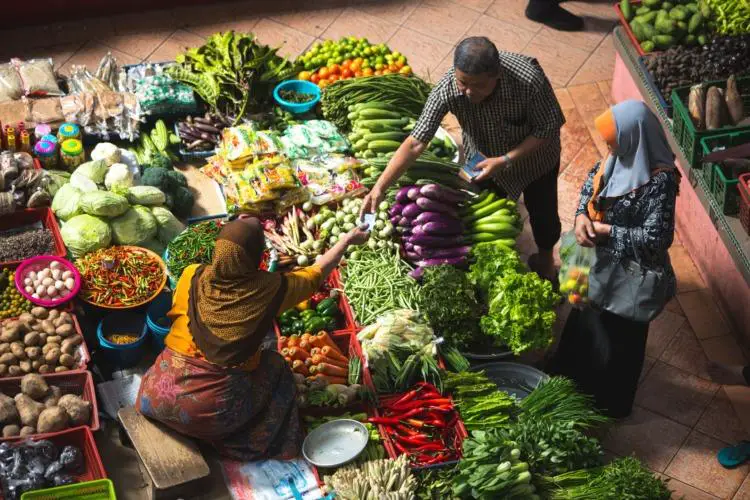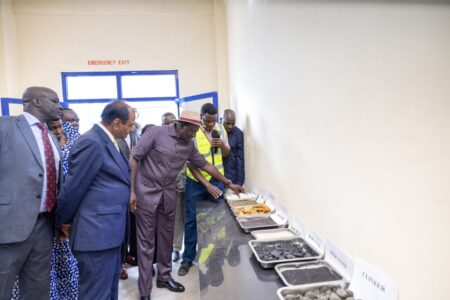Last year, a report by an American think tank revealed that wealthy Kenyans are hoarding nearly two times Kenya’s 2018-19 Sh3 trillion (USD 30 billion) budget.
The revelations by the National Bureau of Economic Research (NBER) came even as the Kenya Revenue Authority (KRA) continued on a bumpy road to hit tax targets.
According to the NBER report, the figure represents about 65 per cent of Kenya’s Gross Domestic Product (GDP).
NBER said the money by Kenya’s wealthiest individuals is hidden in offshore accounts since the proceeds are ill-gotten.
These offshore account holders also evade taxes bypassing Kenyan laws to protect their loot.
KRA’s Njiraini’s offshore account
Ironically, KRA Commissioner-General John Njiraini’s name was mentioned in court early this year over an ownership battle of a roofing materials company, Space & Style Limited.
Njama Wambugu, who is accusing Njiraini of using his position at KRA to harass him claims that the Commissioner-General holds shares in the company through an offshore company, Decamis Limited.
Wambugu said that Decamis Limited is registered in Hong Kong.
Owned by the three partners Njiraini, Wambugu and Winfrida Wanjiku Ngumi, Space and Style which supplies roofing tiles is valued at Kshs 1.3 billion.
On January 31, 2019, Justice Aaron Makau referred the dispute to arbitration but Ngumi, Space and Style Limited and her newly appointed co-directors moved to the Court of Appeal saying t there was no dispute requiring arbitration.
KRA’s tax returns compliance campaign
The Kenyan tax collector is projecting a 40 per cent growth on the rate of tax returns compliance this year.
More than 4 million taxpayers are expected to submit their returns on the iTax Platform by June 30, 2019.
KRA’s campaign dubbed Tujijenge (Let’s build ourselves) seeks to encourage taxpayers to comply with their tax obligations by filing their 2018 income tax returns.
Elizabeth Meyo, KRA Commissioner for Domestic Taxes, said during the campaign launch that this year the tax filing season is also opened for tax defaulters to pay their 2018 dues by end of April 2019.
Kenya’s tax collection growth in 22 years
KRA has introduced a number of initiatives over the years including the online platform; iTax and enhancing digitization.
Over the years, revenue collections have grown exponentially from Kshs 122 billion in 1995/1996 to Ksh 1,435 billion in 2017/18.
The revamped iTax platform saw 6.7 million taxpayers registered on iTax compared to 5.4 million enrolled the previous year.
The previous year, in 2018, 3.2 million taxpayers filed their returns on the iTax platform for both resident and non-resident categories.
KRA’s lethargy in combating tax evasion
While Kenya continues suffering the effects of looting, it is evident that KRA is only interested in combating tax evasion by the small businesses and not those engaged in multibillion-dollar businesses.
The lethargy in enforcing tax compliance across the board has seen the wealthiest in Kenya continue enjoying tax breaks which small businesses do not enjoy.
In the 2017/18 Budget statement, Treasury Secretary Henry Rotich gave Kenyans with wealth abroad one more year to repatriate it.
This effectively kept the amnesty window open beyond the June 2018 pushing it to June 2019. Nothing much has been said or done since then and repatriations have been lethargic.
In August last year, Britain signed a key agreement in Nairobi to repatriate all proceeds of crime stashed away in all its jurisdictions.
The signing of the agreement was witnessed by British Prime Minister Theresa May and President Uhuru Kenyatta.
In the same month, Mauritius said it was open to a deal that would see such individuals investigated and their wealth repatriated to Kenya. If finalised, the agreement will be modelled along the one signed between Kenya and Switzerland.
The Kenya-Switzerland deal could see as much as Kshs72 billion returned to East Africa’s economic hub.
You can also read about Kenya’s top alcohol manufacturer shut over tax evasion, KRA suspending officials, Greenpeace Africa saying Uhuru should prioritise food safety while Tanzania is tightening its grip on companies to increase the tax base.











